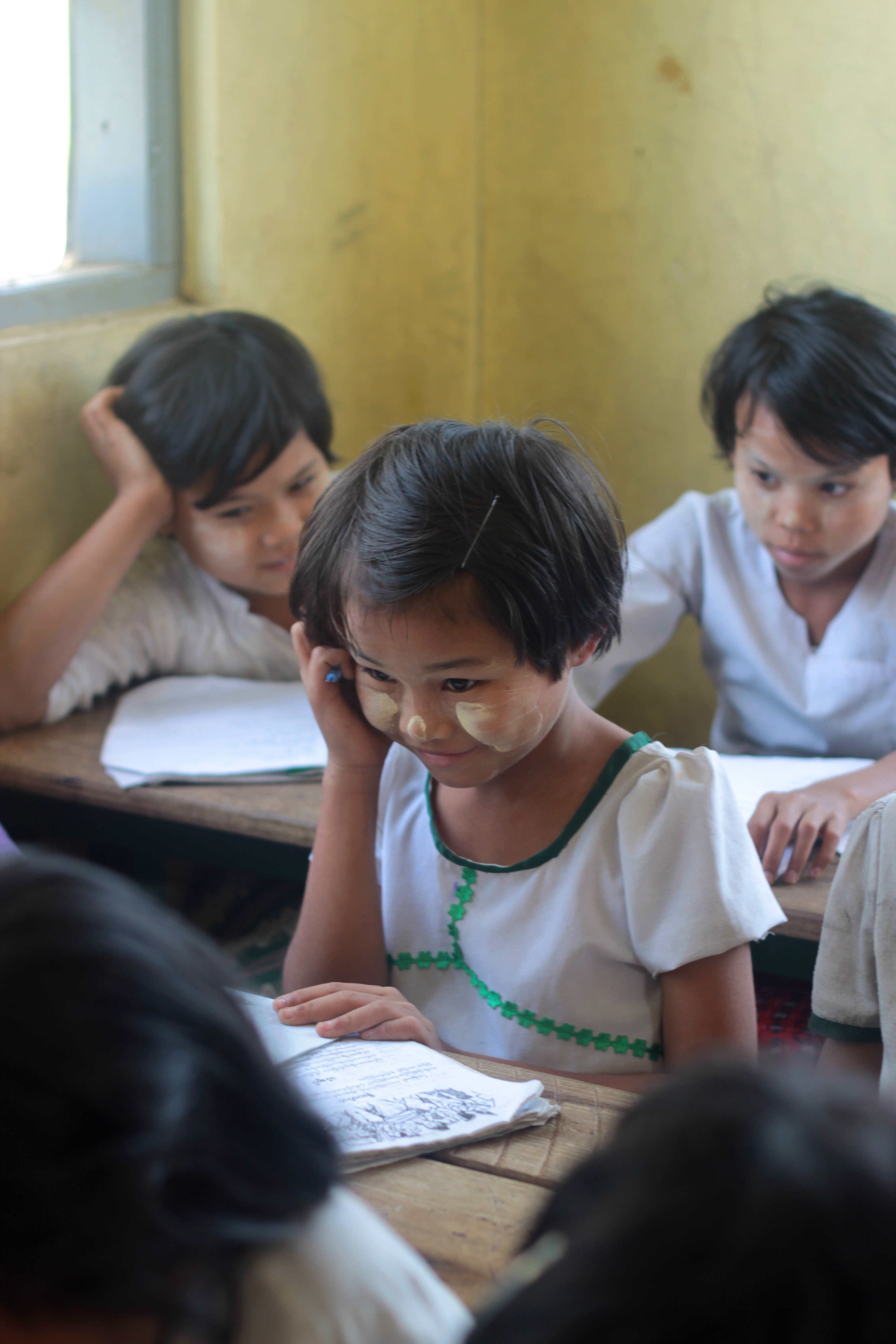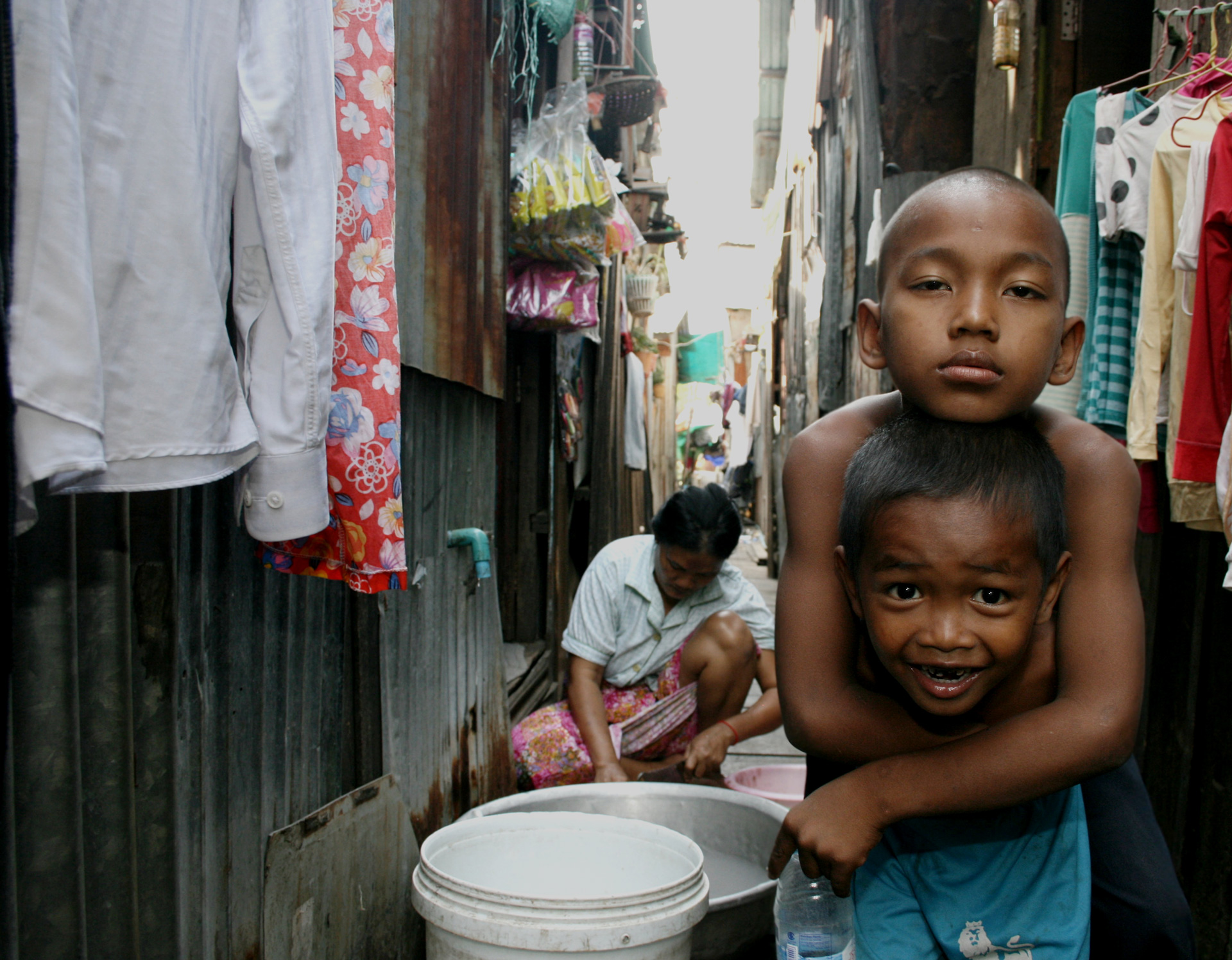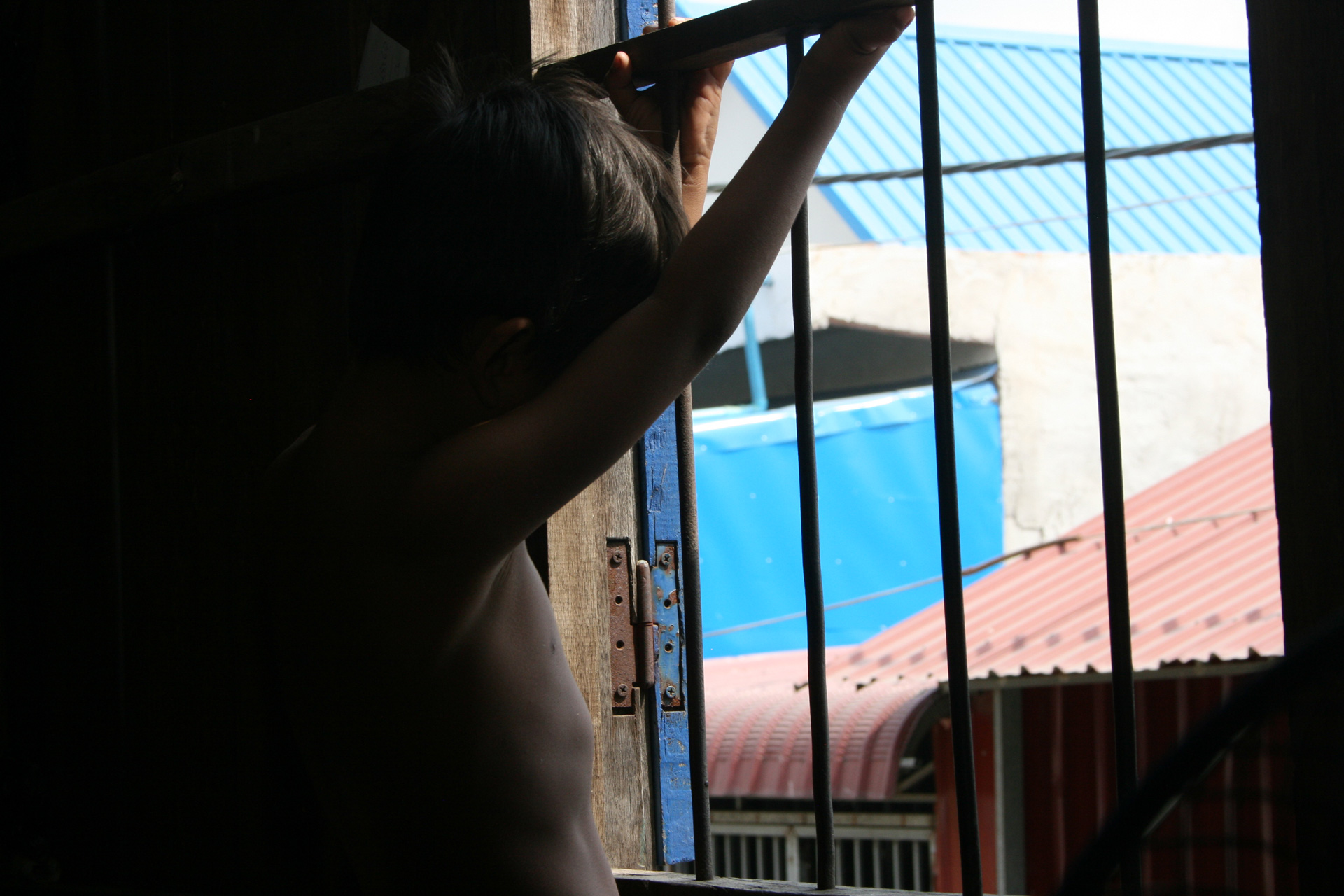ERIKS motto is a better world where children’s dreams come true.
Development policy
ERIKS Theory of change, towards a better world where children´s dreams come true.
ERIKS Development Partner (ERIKS) operates within a continuously changing world. ERIKS´ development work and commitment to the fulfilment of the rights of the child is guided by its identity and its values: the spirit of Erik Nilsson (the founder of ERIKS), Christian values and the UN Convention on the Rights of the Child (UNCRC).
The illustration describes ERIKS´ approach to development and its theory of change. The purpose is to illustrate how ERIKS believes that positive change takes place, i e how its vision of a better world where children´s dreams come true can be reached.
Continue reading
At the starting point of the theory of change are situations where the rights of the child are not fulfilled, which is motivating change. Violations of children´s rights are closely connected to situations of poverty and vulnerability. Hence, fighting poverty and vulnerability and promoting the rights of the child goes hand in hand. When the rights of the child are neglected, efforts to reduce poverty and vulnerability are hampered. In the same way, poverty is a hindrance to the fulfilment of the rights of the child.
The process of change towards the fulfilment of ERIKS´ vision is complex. Therefore, the theory of change and its different components, as illustrated above and described in ERIKS Development policy, is a simplified picture of the reality. It aims at explaining the rationale of ERIKS´ work and how the organisation would like to promote its vision. This process is not linear, but characterised by interactions between the different actors (children, moral duty-bearers and legal duty-bearers). In order for the interaction between these actors to take place in the best interest of the child, ERIKS has decided on a number of strategic approaches (Human Rights-based Approach, Child Participation and Resilience) that are further elaborated in ERIKS Development Policy.
As a child rights organisation, ERIKS has chosen to focus its work on four areas, which all are crucial to reach the organisations´ vision and mission:
- The right to education and leisure
- The right to health
- The right to protection
- Humanitarian assistance and DRR (Disaster Risk Reduction)
In all its programmes, ERIKS is promoting increased understanding and application of the UNCRC.

Education and Leisure
ERIKS looks at education as the right of every individual child. It is also a key to successfully fighting poverty not only at the individual level, but for a whole society or country.
The UN Millennium Development Goal 2 wishes to ensure that all boys and girls complete a full course of primary schooling. ERIKS seeks to contribute to the realization of this goal. In some cases, it calls for the target group’s own attitudes concerning education to change. Other times it is a matter of the state structure to make the necessary priorities and to not discriminate against any group of children
Continue reading
ERIKS use the following approaches to fulfil children´s right to education:
- To strengthen the capacity of civil society to advocate at all levels on “Education for All” (non-discrimination).
- To promote opportunities for basic education in local communities while ensuring local ownership for this development.
- To promote opportunities for drop-outs and others to begin school and catch up.
- To increase the level of children’s participation in school.
- To promote better quality in education.
In many societies girls, in comparison with boys, do not have equal opportunities to begin and pursue education. Girls often have to work hard and long hours in the household or out in the fields. Many times they are married off at a young age, missing out on their education.
Another kind of discrimination takes place when children with disabilities are denied of their rights to education or when the access to education for children from ethnic or religious minorities is being overlooked. For these particular groups, increased access to pre-school and education beyond primary level can be a strategic contribution to reduce marginalization.
The Convention on the Rights of the Child becomes the starting point for ERIKS’ work on education. Articles 28-29 state that:
- Every child has the right to education.
- Primary education should be compulsory and available free to all.
- Measures should be taken to encourage regular attendance at schools and the reduction of drop-out rates.
- School discipline should be administered in a manner consistent with the child’s human dignity.
- The education of the child shall be directed to:
- The development of the child’s personality, talents and abilities.
- The preparation of the child for responsible life in a free society in the spirit of understanding, peace, tolerance, equality of sexes, and friendship among all peoples, ethnic, national and religious groups and persons of indigenous origin.
- The development of respect for the natural environment.
Health
Health is not just the absence of disease or infirmity but a state of complete physical, mental and social well-being (WHO, 1946). To achieve this, both behaviour change and supporting environments are necessary.
In many of the countries where ERIKS works, more than 10% of the children die before the age of five. The large majority die of preventable diseases such as malaria, pneumonia or diarrheal diseases. By access to water and sanitation and increased knowledge of the importance of vaccination, nutrition, hygiene etc., many lives can be saved. ERIKS is working to reduce child morbidity and mortality by preventive measures and facilitating access to health care.
HIV is a major threat to the health status of children and their families. ERIKS is active in raising awareness on HIV, reducing stigmatization and isolation and facilitating access to ARVs and health care. All of ERIKS’ programmes should be preceded and influenced by an analysis of the HIV situation at hand.
Continue reading
ERIKS´ approaches:
- To promote basic health education.
- To promote access to water, hygiene and sanitation facilities.
- To work for the mobilization of the target group for their access to health care, vaccinations, HIV-programs provided by government structures and programs.
- To work to protect the child against practices and values harmful to the health of the child.
- To improve quality of health services through training and technical assistance as an integrated part of ongoing programs.
The Convention on the Rights of the Child is the starting point and vision for ERIKS’ work on health.
The child has the right to enjoyment of the highest attainable standard of health and to facilities for the treatment of illness and rehabilitation of health. (Article 24)
All appropriate measures with a view to abolishing traditional practices prejudicial to the health of children should be taken. (Article 24)
The child has the right to be protected from all forms of sexual exploitation and sexual abuse. (Article 34)
The child has the right to rest and leisure, to engage in play and recreational activities appropriate to the age of the child and to participate freely in cultural life and the arts. (Article 31)


Protection
Abuse and exploitation of children takes place in every country and society and across all social groups.
ERIKS strives to protect children from all kinds of violence and abuse through sensitization on children’s rights and through capacity building and networking between different institutions, authorities and organizations involved in child protection.
Continue reading
ERIKS´ approaches:
- To sensitize children and their caregivers on the rights of children to protection from neglect, abuse, exploitation and harmful practices.
- To help caregivers and communities to organize themselves for the protection of children against abuse and exploitation.
- To build the capacity of and facilitate networking between different authorities, institutions and organizations involved in child protection.
- To advocate for and promote legislation, services and minimum standards in relation to child protection.
- To raise awareness on legislation and consequences of harmful traditional practises and promote behaviour change in relation to these practises.
Apart from being a thematic priority area for development interventions, child protection is an important aspect in all ERIKS work. In everything that we do, we must ensure that children are protected against abuse and exploitation under the framework of ERIKS Child Protection Policy.
In some societies, certain forms of violence against children are viewed as part of the culture and have become socially accepted, for example female genital mutilation and child marriages. In these contexts, emphasis is put on building awareness and changing attitudes and practises. Even though legislation might be in place to ban these harmful practises, they are very hard to eradicate solely by legal measures. In addition, dialogue and information about the negative consequences of these practices is necessary to achieve lasting change.
Every child has the right to a family. However, when children come into vulnerable situations, CBOs and individuals tend to see children’s homes and institutions as the solution. ERIKS believes that different types of centres and institutions can play a temporary role in assisting a vulnerable child, but this must not be a permanent solution. ERIKS works in collaboration with authorities and civil society to promote minimum standards for charitable children’s institutions and strategies for alternative care for vulnerable children.
In ERIKS’ terminology, child protection embraces all areas where the well-being of children is threatened by acts or practises performed by individuals, organisations or societies. The Convention on the Rights of the Child makes a number of statements that relate to child protection.
The child has the right to be protected from all forms of physical and mental violence, injury or abuse, neglect, maltreatment or exploitation (Article 19)
The child has the right to be protected against child labour, economic and sexual exploitation, sale, trafficking and abduction. (Articles 32-35)
All appropriate measures with a view to abolishing traditional practises prejudicial to the health of children shall be taken. (Article 24)
A child temporarily or permanently deprived of his/her family environment shall be entitled to special protection and alternative care. Such care shall give priority to family environment solutions such as foster placement and adoption. A child shall not be deliberately separated from his/her parents except in very particular and grave circumstances involving abuse or neglect. (Articles 9 and 20)

